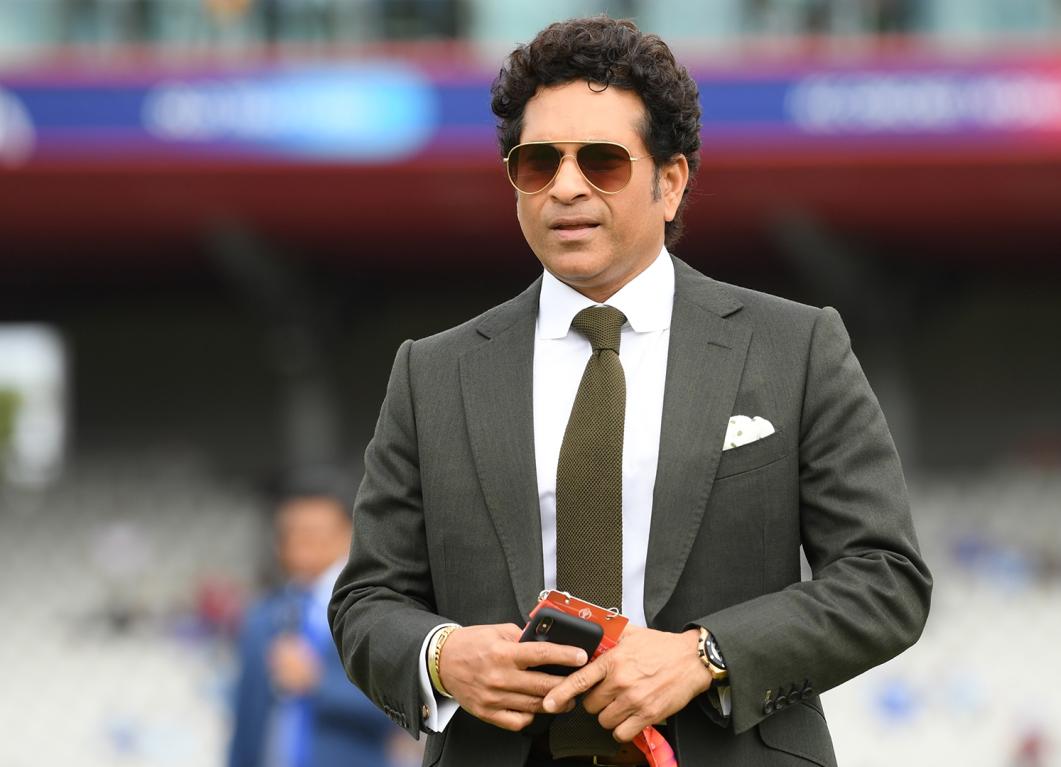Sachin Tendulkar is a former Indian cricketer widely regarded as one of the greatest batsmen in the history of the sport. He was born on April 24, 1973, in Mumbai, India.
Tendulkar made his debut for the Indian cricket team at the age of 16 and went on to have a storied career that spanned more than two decades. He is the highest run-scorer in the history of international cricket, with more than 34,000 runs across all formats of the game.
Some of Tendulkar's most notable achievements include:
Scoring 100 international centuries: Tendulkar is the only player in the history of the sport to score 100 international centuries, which is a testament to his longevity and consistency as a batsman.
Winning the World Cup: Tendulkar was a member of the Indian cricket team that won the 2011 ICC Cricket World Cup, which was a historic moment for Indian cricket.
Scoring 200 in an ODI: Tendulkar was the first player to score a double century in a One Day International (ODI) match, achieving the feat against South Africa in 2010.
Winning numerous awards and honors: Tendulkar has won numerous awards and honors throughout his career, including the Wisden Cricketer of the Year, the Rajiv Gandhi Khel Ratna, and the Bharat Ratna, India's highest civilian award.
Holding numerous records: Tendulkar holds numerous records in international cricket, including the record for the most runs scored in both Test and ODI cricket, as well as the most centuries scored in international cricket.
Tendulkar retired from international cricket in 2013, but his legacy as one of the greatest cricketers of all time continues to inspire future generations of cricketers in India and around the world.

Comments
Post a Comment